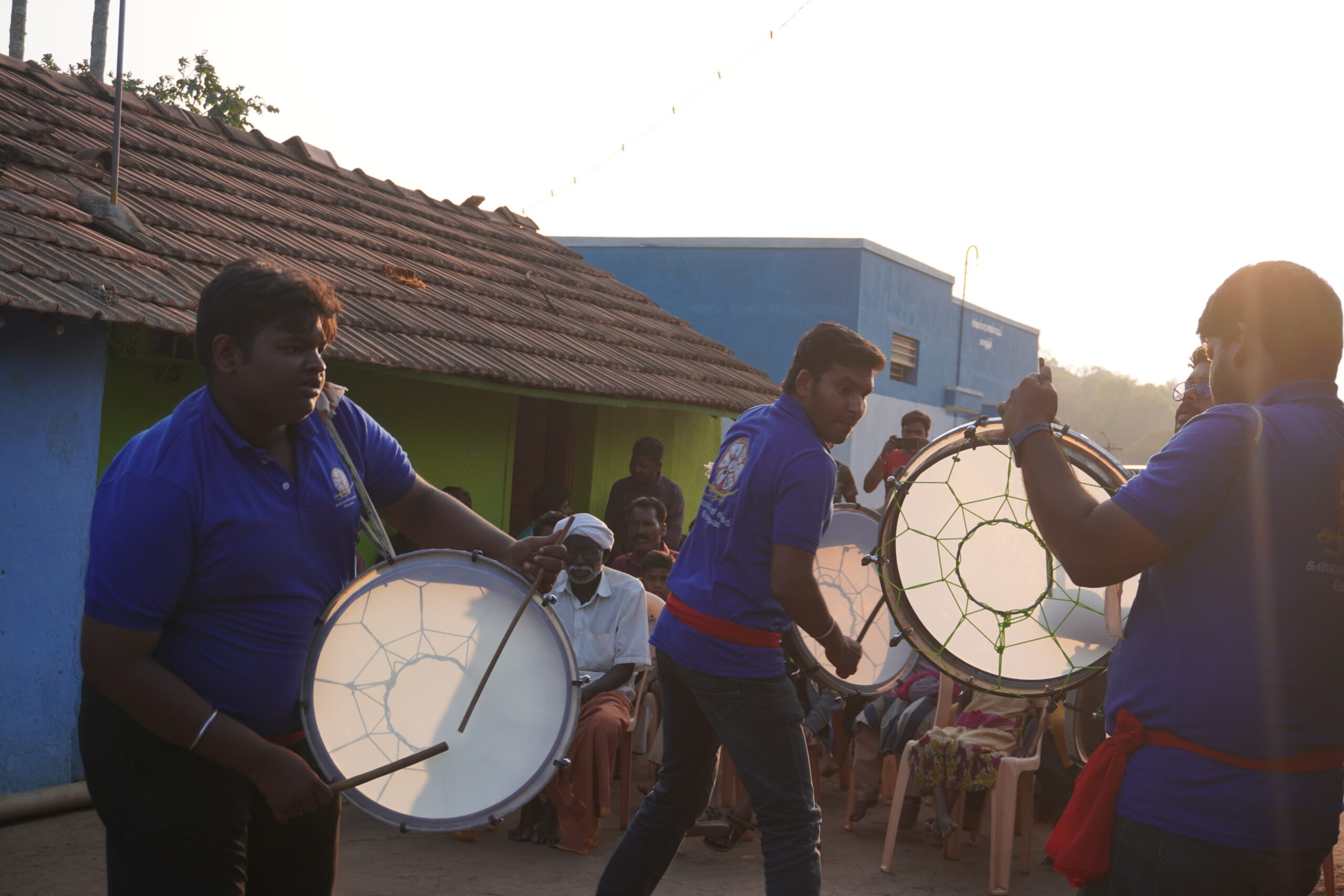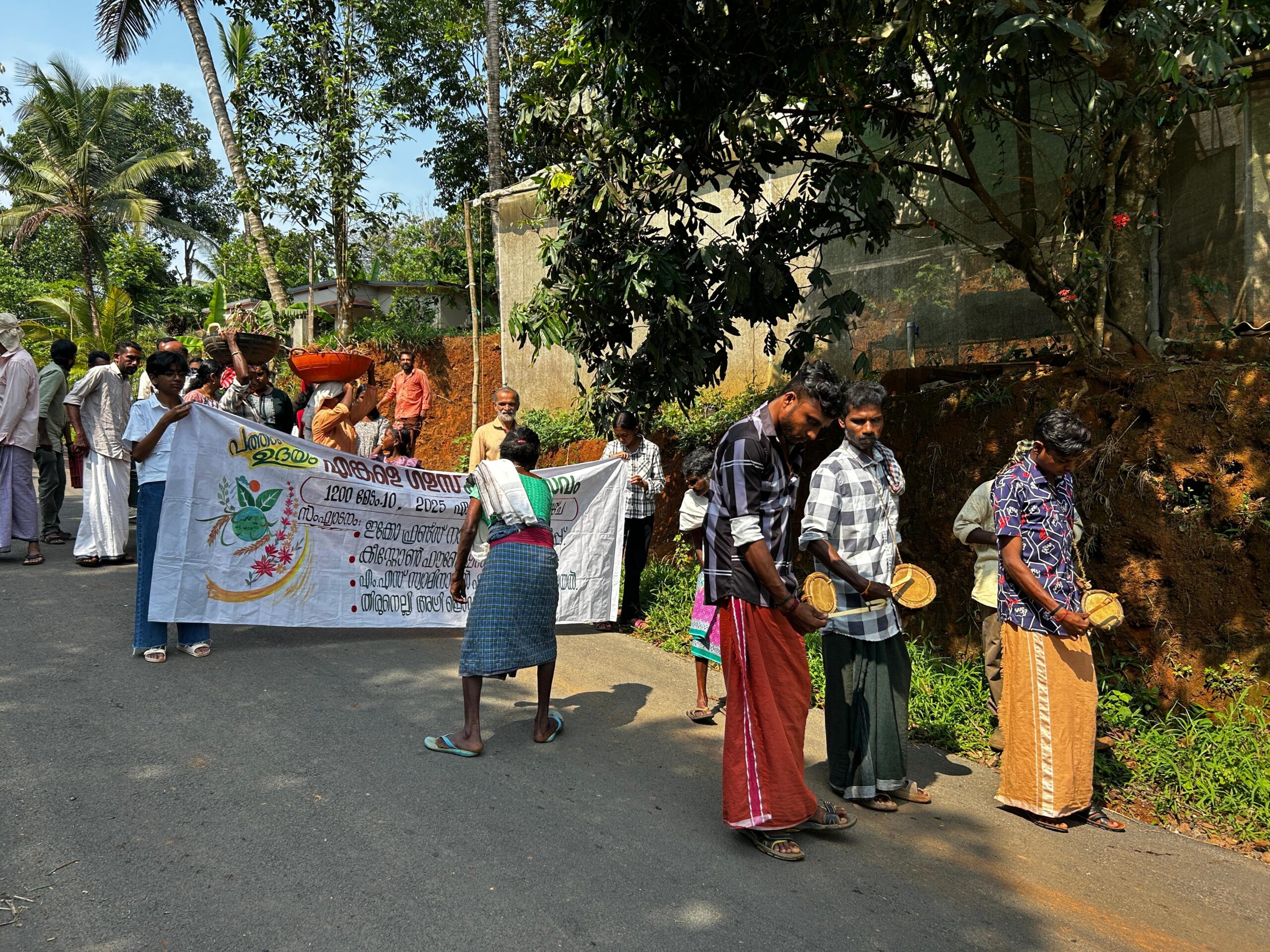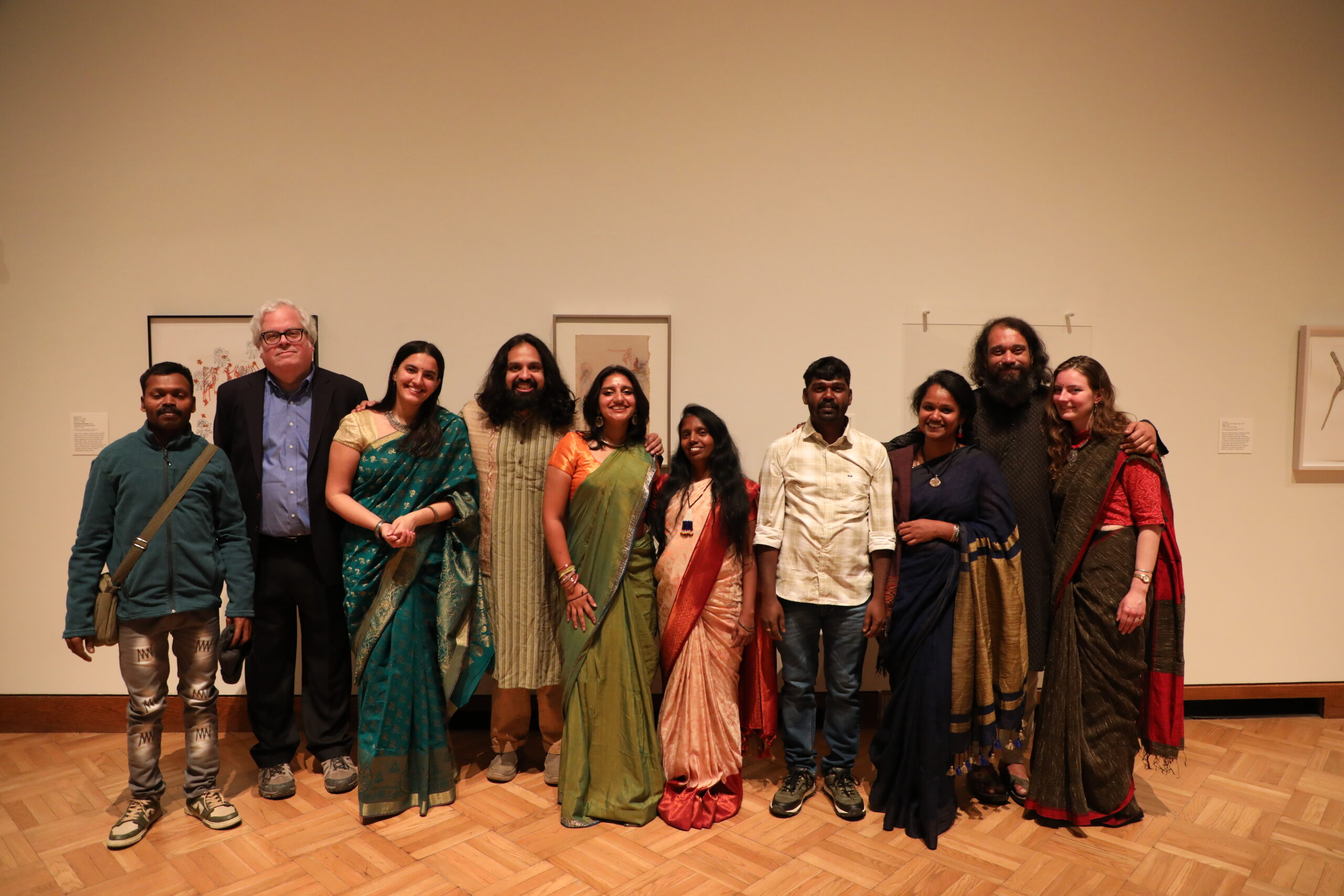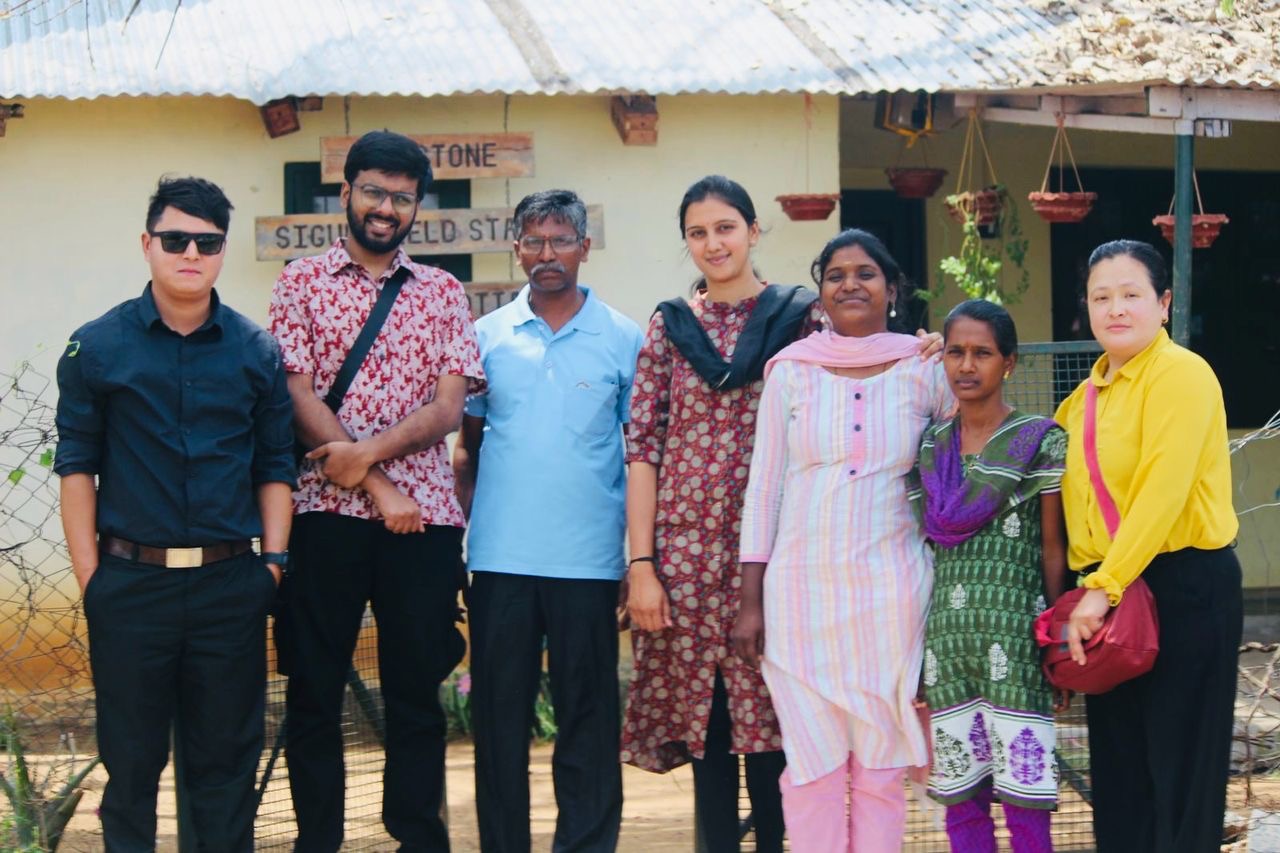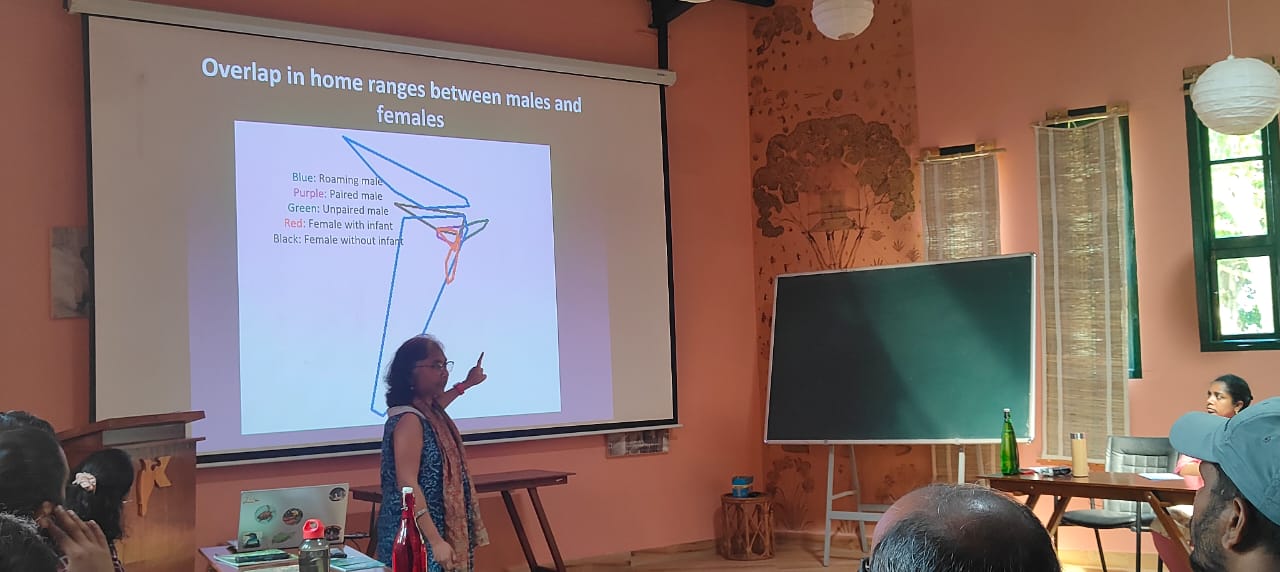By Mahadesh Basavegowda
Recently, the Biodiversity Team has been working to create agroecological approaches to pesticide-free farming to support biodiversity and beekeeping in the Sathyamangalam Tiger Reserve, with the support of DCB Bank.
The Project Objective aims to promote integrated pest management, based on agroecology, as an alternative to increasing pesticide application in rural farms in 10 villages in the Sathyamangalam Tiger Reserve, Tamil Nadu, India.
As part of the project, the following activities were organized:
Indigenous farmers from Geddesal, KK Nagar, Kalidhimbam, Bejjalatty, Thadasalatty, and Ramaranai Village received training in beekeeping skills, including setting up new beehives and managing bees seasonally. This initiative, supporting 100 farmers/beekeepers, was made possible with assistance from DCB Bank. While most of the farmers were new to beekeeping, three had prior experience. Following the training, farmers gained a deeper understanding of beekeeping as a viable source of livelihood. Many of them noted that they had previously observed honeybees foraging while cultivating crops such as Cajanus (Thur dhal) and mustard.
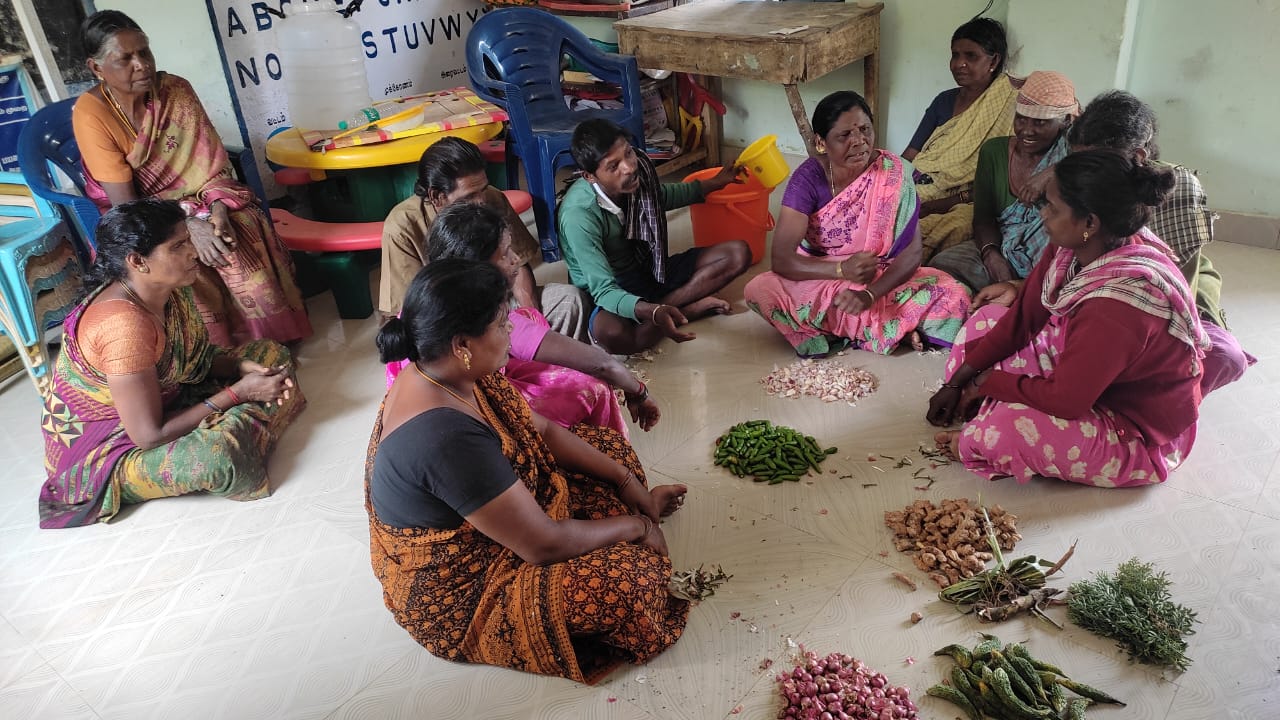
Training on chemical-free agriculture and the production of bio-inputs was provided to 80 farmers. They were instructed in the preparation and usage of approximately 35 Liters of bio-inputs, including poochiveratti, which was demonstrated across five villages. This training, facilitated by Shivaraj B., aimed to emphasize the significance of eco-friendly farming practices and equip farmers with the necessary knowledge to implement them effectively.
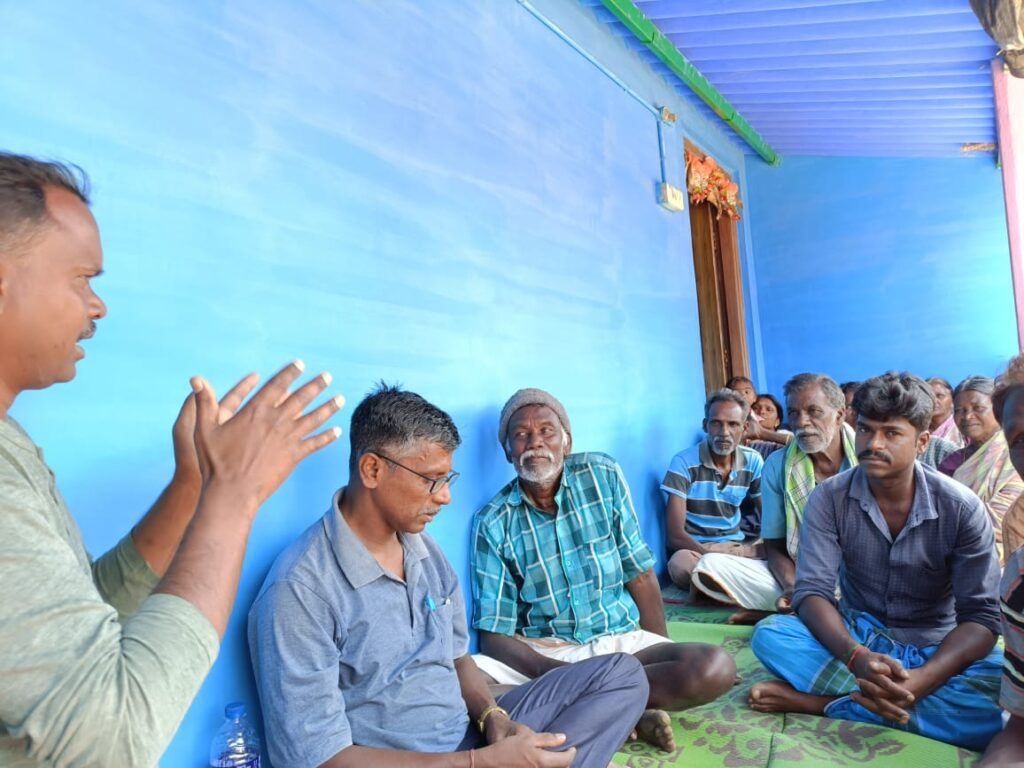
Street plays were organized in five villages – Bhoothalapuram, Mavanatham, Kalidhimbam, Arepalayam, and Hasanur in Sathyamangalam, in collaboration with the Tamil Nadu Forest Department. The Ayudam Group from Coimbatore served as the resource team and performed the plays in these villages. The themes covered various important topics such as the significance of beekeeping, bees’ role in pollination, the importance of bees, and strategies for generating income from beekeeping. Additionally, the plays addressed human-wildlife interaction, focusing on mitigating conflicts between humans and wildlife. They also highlighted organic agriculture practices, their impact, and the conservation of soil, water, and beneficial insects. Moreover, the plays emphasized the prevention and control of forest fires, outlining their adverse effects and methods for managing them.
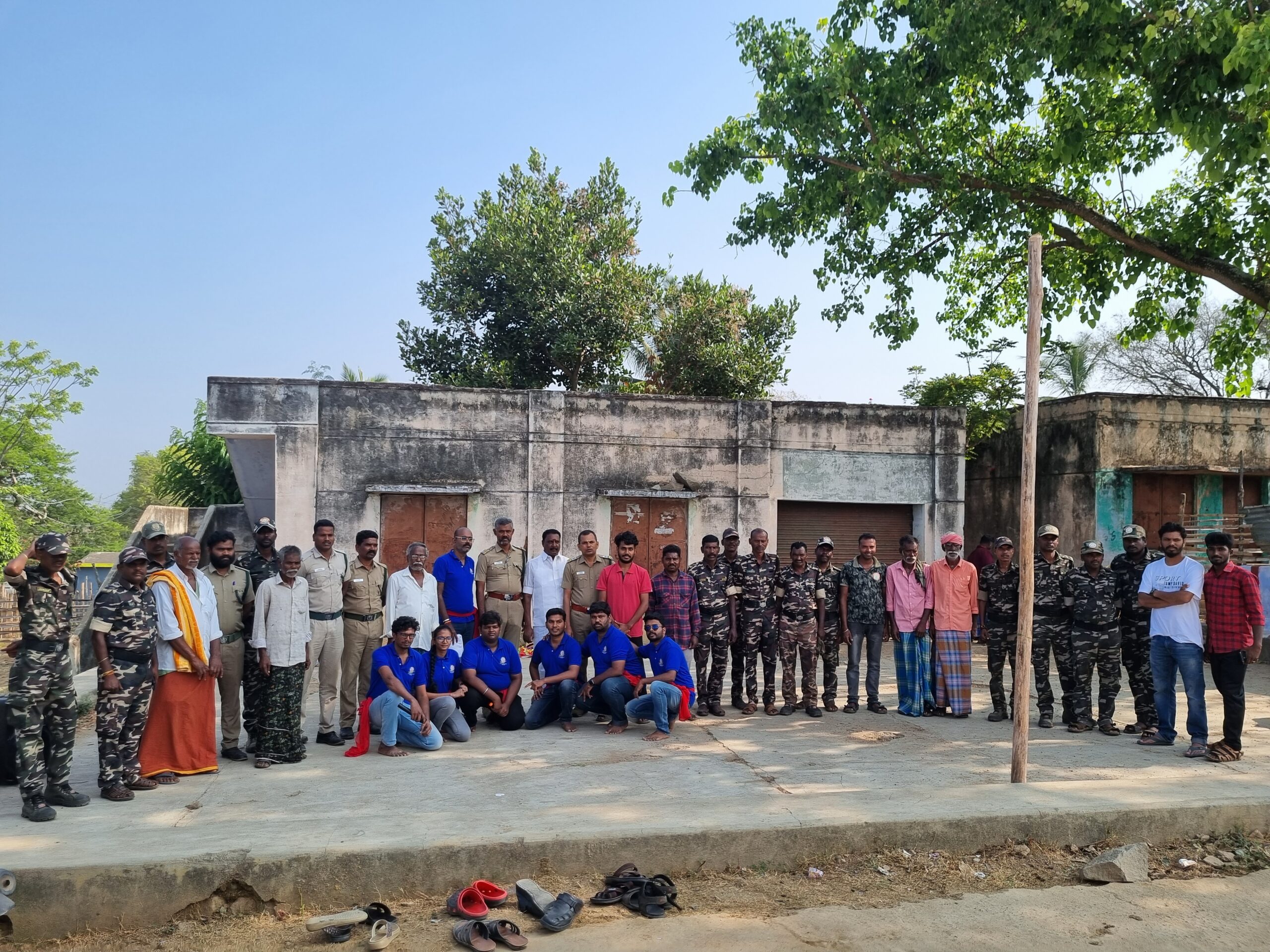
Number of beneficiaries-414.

